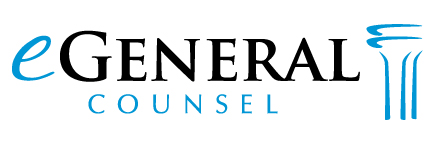 The SEC’s revamped Regulation A, known informally as Regulation A+, went into effect on June 19, 2015. There have been many reports in the press, including the Los Angeles Times, mistakenly implying that Reg A+ has legalized equity crowdfunding. In fact, equity crowdfunding and Regulation A+ are two entirely separate topics.
The SEC’s revamped Regulation A, known informally as Regulation A+, went into effect on June 19, 2015. There have been many reports in the press, including the Los Angeles Times, mistakenly implying that Reg A+ has legalized equity crowdfunding. In fact, equity crowdfunding and Regulation A+ are two entirely separate topics.
Regulation A+ loosens the rules for making a “mini-IPO.” Previously, only $5 million in any 12-month period could be raised under Regulation A; that amount has now been raised to $20 million in the case of “Tier 1” offerings and $50 million in the case of “Tier 2” offerings. As with a registered IPO, a disclosure statement (called an “offering statement,” to distinguish it from a prospectus for a fully registered IPO or other securities offering) must be filed and cleared with the SEC. While the level of disclosure is somewhat less complicated and detailed than that for a registered offering, it is still substantial. Tier 2 offerings require audited financial statements, while Tier 1 offerings generally do not.
Please see this post for a more detailed discussion of Regulation A+ and this article for a more detailed discussion of the proposed equity crowdfunding rules.
Regulation A+ does not really have anything to do with crowdfunding. Prior to final SEC approval of a Regulation A+ offering, limited solicitations of interest and distributions of a preliminary offering statement are permitted, but the process is modeled on the IPO process for offerings registered under the Securities Act of 1933. There are minimal rules on the qualifying purchasers.
The SEC’s proposed equity crowdfunding rules, in contrast, are focused on the internet portals that will facilitate crowdfunding of stock sales and other forms of raising capital. These rules, authorized by Title III of the JOBs Act, are modeled on the regulatory scheme for securities broker-dealers. Thus, the portals themselves must be registered with the SEC, and are subject to numerous regulations akin to those governing broker-dealers. The amount of capital that may be raised is far lower than for Regulation A+–$1 million in any 12-month period. In addition, unlike for Regulation A+, the amount of securities that may be purchased by a single investor is strictly limited.
While Regulation A+ is now fully in effect, the SEC’s crowdfunding rules are not, and there is no word yet on when they might finally be adopted.

